March 14 is not only White Valentine’s Day but also International Pi Day – the most important constant in mathematics. This date was chosen because the digits 3, 1, and 4 correspond to the first digits of the number Pi.
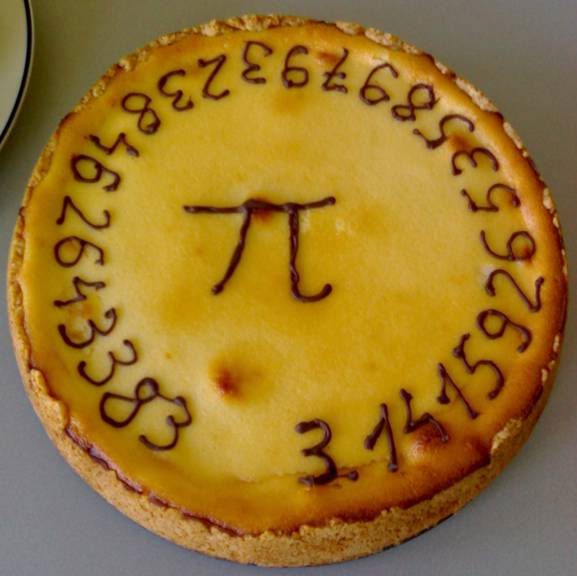
March 14 is Pi Day.
What is Pi?
“Pi” is the name of the 16th letter in the Greek alphabet. It is defined as a constant, representing the ratio of the circumference to the diameter of a circle.
The name Pi comes from the Greek word peripheria, which means the circumference of a circle.
The symbol for Pi is π. This symbol derives from the first letter of the Greek word “περίμετρος”, which means circumference.
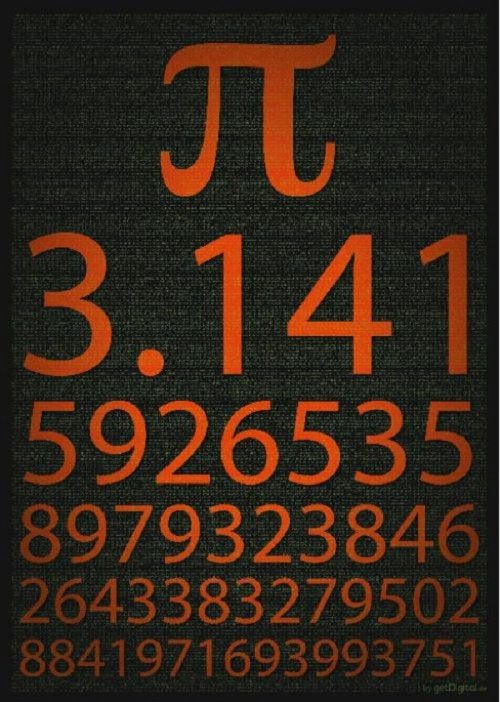
The value of Pi is exceptionally important.
The symbol π was first used by William Jones in 1706 to honor the Greek mathematician Archimedes, who was the first to approximate the value of π. He used a 96-sided polygon to demonstrate that the value of π is approximately 3.1419.
The value of Pi plays a crucial role in architecture, construction, and is frequently used by astronomers.
History of Pi Day
Pi Day was first celebrated in 1988 in San Francisco by physicist Larry Shaw. On March 14, 1988, he and the staff of the Exploratorium Museum gathered to honor the constant Pi.
Since then, many people have begun to see Pi Day as a memorable annual celebration to encourage math enthusiasts from various backgrounds.
In 2009, the U.S. government declared March 14 as International Pi Day.
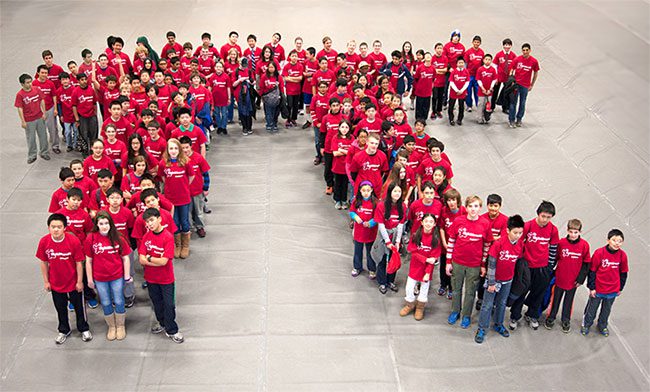
Since 2009, March 14 has been designated as International Pi Day.
Celebrations typically begin at 1:59 PM on this day. This is because placing together the digits of the date (314) and the time (159) gives us the number 3.14159, which is an approximation of Pi.
A “Pairing Day” of Mathematics and Culinary Arts
Pi Day is a special occasion for math lovers and baking enthusiasts to gather.
During the first Pi Day celebration in 1988 at the San Francisco Exploratorium, physicist Larry Shaw and his staff organized a pie-eating event.
Because “Pi” and “Pie” sound similar, on this day, Shaw and his colleagues enjoyed delicious fruit pies.
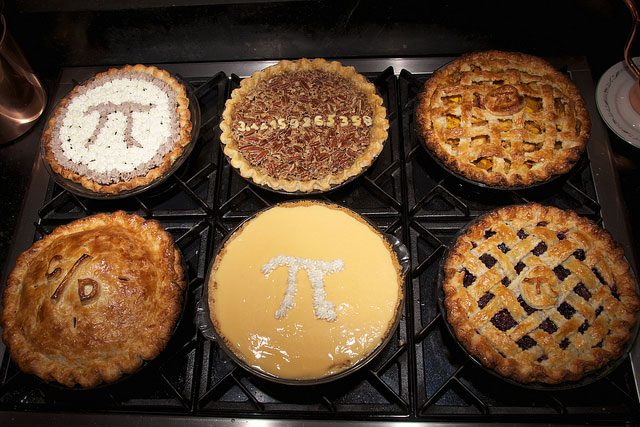
On Pi Day, many people celebrate by baking and eating pies together.
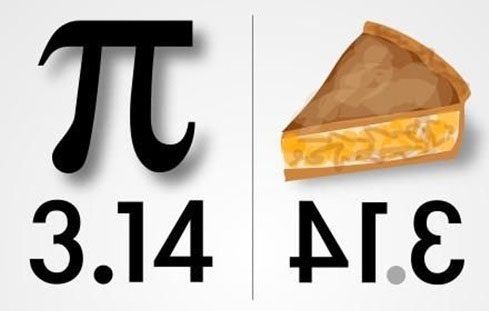
Additionally, there is an interesting explanation connecting Pi with pie: If you write 314 and look in a mirror, it will resemble the word “Pie”!
While the main purpose is to honor Pi, this event is primarily popular within the mathematics community. For the general American public, March 14 is known as the second National Pie Day, alongside the official National Pie Day on January 23. Even the most prestigious pie organization in America, the American Pie Council, actively participates in celebrating Pi Day.
Every year, on March 14, Americans eagerly prepare beautiful and delicious pies, followed by a series of fun activities centered around Pi and pies: pie-throwing festivals, regional and national pie baking competitions, and gatherings of math clubs in high schools and universities, where members come together around a plate of freshly baked pie. Although it has not been around for long, Pi Day has been successfully celebrated for over a decade in America and has become one of the most anticipated festive occasions.
Little-known Facts About Pi Day
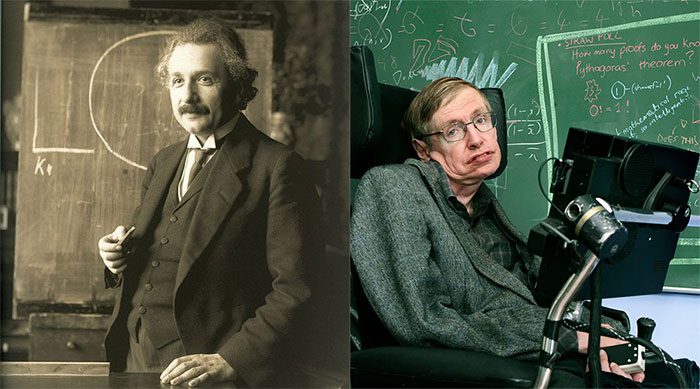
Pi Day: The birthday of Albert Einstein and the death day of Stephen Hawking.
Stephen Hawking, the pioneering theoretical physicist and author of “A Brief History of Time,” passed away on Wednesday, March 14, 2018, at his home in Cambridge, England. He became a global symbol of intellect, despite struggling with a debilitating muscular disease that required him to spend much of his life in a wheelchair.
Hawking died on Pi Day (March 14), which is also the birthday of another genius physicist – Albert Einstein. Einstein is famous for his general theory of relativity published in 1905, E = mc², which states that energy (E) equals mass (m) multiplied by the speed of light (c) squared. This formula reveals that a small amount of mass can be converted into a tremendous amount of energy, leading to the development of the atomic bomb later on. Einstein’s theories also transformed our understanding of how planets orbit the sun. For his scientific contributions, Einstein won the Nobel Prize in Physics in 1921. Albert Einstein passed away on April 18, 1955, at the age of 76. Coincidentally, Stephen Hawking also passed away at age 76 on March 14, 2018.
Additionally, Hawking’s birthday – January 8, 1942 – coincides with the 300th anniversary of the death of Galileo Galilei, the Italian astronomer who played a crucial role in shaping the scientific revolution.





















































